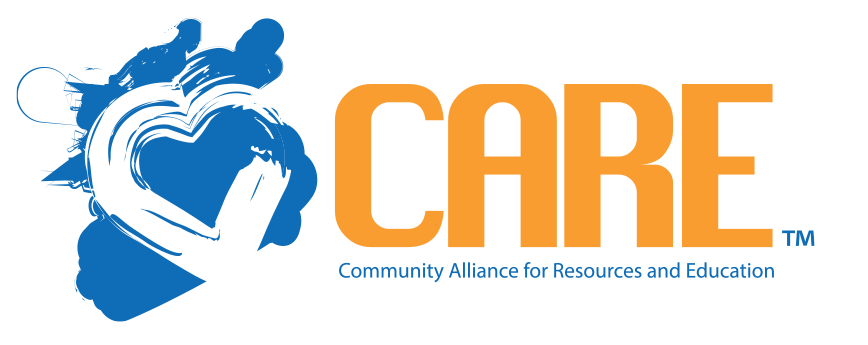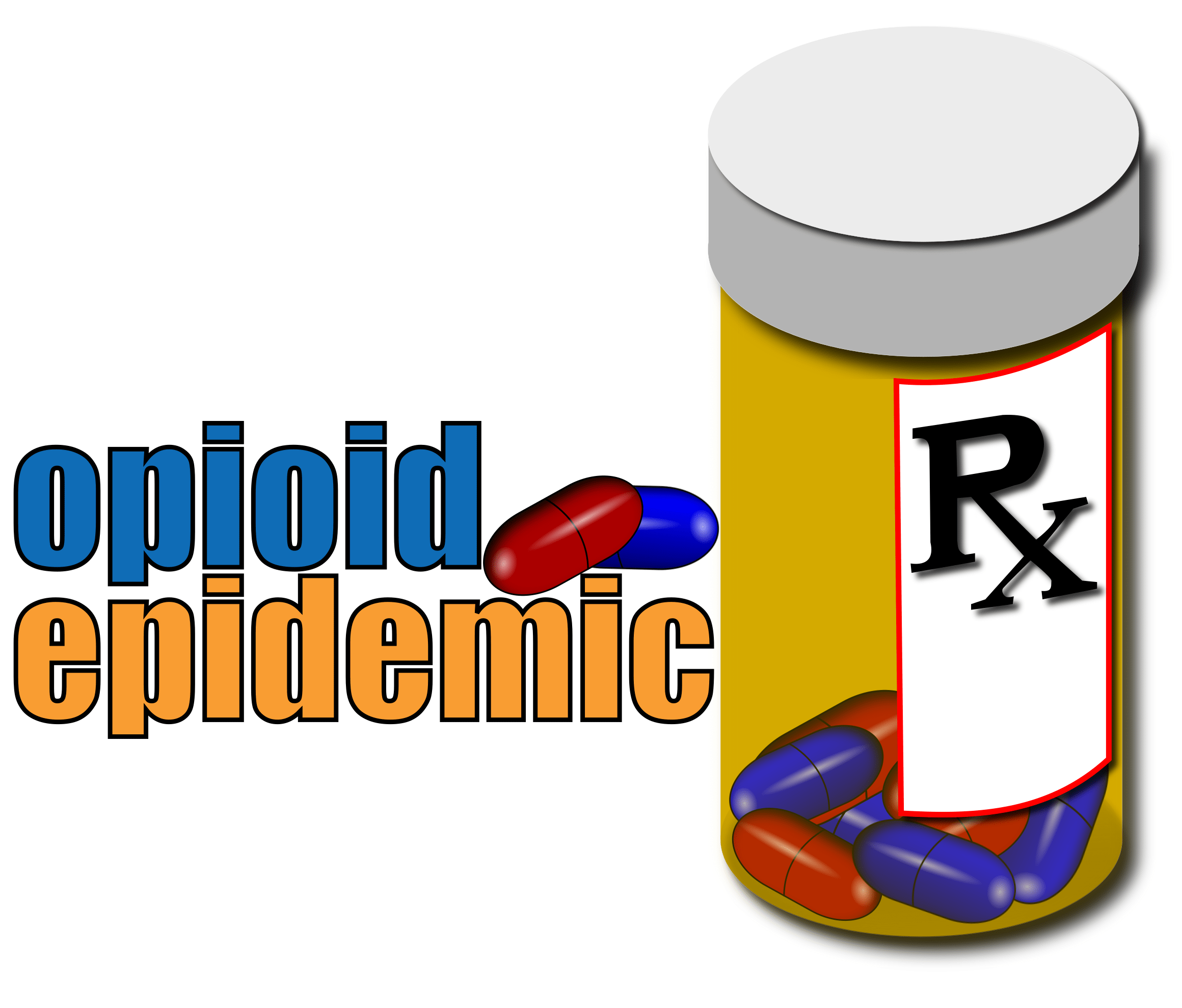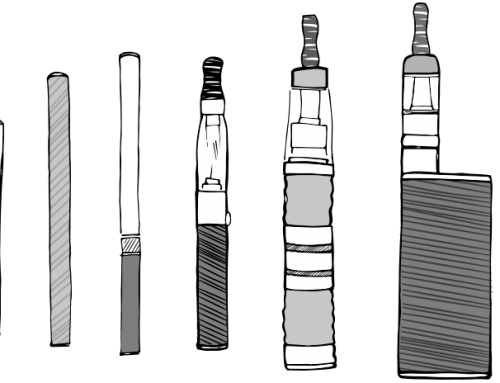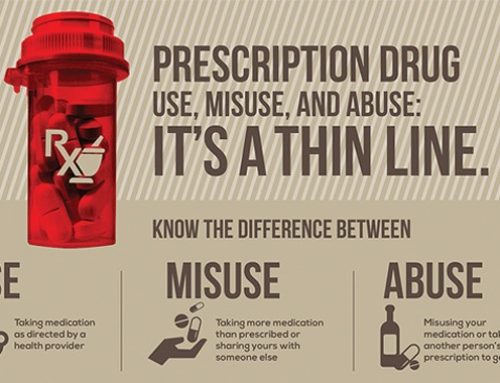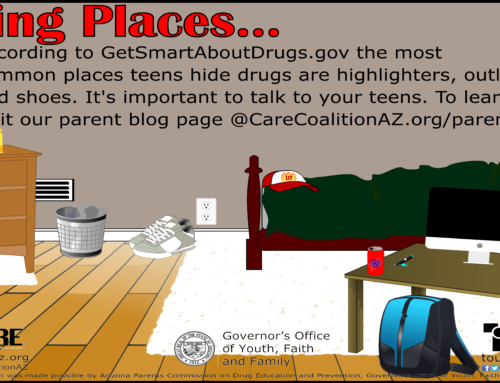You might have heard the words “opioid epidemic” while watching the news and wondered “What is that?” or “That doesn’t have anything to do with me since I don’t have a drug problem.” Truth is, this is a problem that has the ability to affect everyone. The abuse of prescription medication has become a crisis in the United States. In fact, the Centers for Disease Control states that at least 91 Americans die every day from overdosing on an opioid. An opioid is a type of drug that acts on the nervous system to relieve pain. Heroin is an opioid as well that targets the nerves to block pain. They can have the same effects on the users’ body as Heroin when taking more than what is prescribed. The number of people that abuse is growing daily. Unfortunately, many overdoses go unreported, leaving the number of reported opioid abuse to be inaccurate. Since pain relievers are currently being prescribed more often, the misuse of prescribed medication is more common. The more opioids that are being taken by the body, the higher the body’s tolerance becomes, motivating the user to take more pills to feel the pain relief that they crave. People who are addicted to their medications continue the misuse to avoid withdrawals. Withdrawals are signs and symptoms that occur when one stops or reduces taking a drug. They usually begin 12-30 hours after the last pill is taken and may last up to 10 days. The symptoms that come with quitting are very unpleasant and usually leads the user to go back on opioids again to relieve their pain (Drugabuse.com 2017). According to the Governor’s Office of Youth Faith and Family, 80% of Heroin users began with prescription pills, therefore, it is more likely that those who abuse their pain relieving pills will go down the road to become Heroin users.
To help reduce the risk of this problem growing any further, many cities have declared a state of emergency and are working hard to battle this epidemic at many levels. In June 2017, Arizona’s Governor, Doug Ducey, declared a statewide emergency in response to the 790 Arizonians that died in 2016 because of opioid abuse. The state will now increase surveillance on death reports and overdose, train law enforcement to give naloxone, which is a medication that assists in treating an overdose, and work with state, local and private partners to build awareness (GOYFF, 2017). Touchstone Health Services is currently working at a community level to educate adults and teens in the West Valley(Tolleson, Avondale, Goodyear) by providing Rx 360, a workshop that talks about the dangers of misusing medication and how to dispose of medicine correctly if expired or completed use. We hope that with our efforts, we can make a positive change and help in lowering the rate of opioid abuse in the valley as well as giving adults and youth the proper strategies to prevent them from ever mishandling medication. This epidemic requires many helping hands to be conquered and is a problem that does affect us all. Anyone may assist by learning more information about opioid misuse and abuse and educating others in why it is important to use medications properly. Visit our CARE Coalition website and social media handles to learn about our upcoming workshops on prescription drug education.
Sources:
http://drugabuse.com/library/opiate-addiction-withdrawal/
http://www.azdhs.gov/director/public-information-office/index.php#news-release-090617
